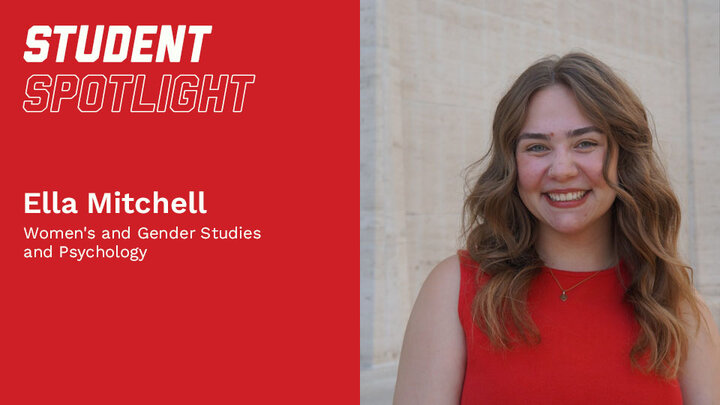WGS Community Associate, Catherine Medici-Thiemann, quoted in Slate magazine, "Should Pregnant Women Take Anti-Anxiety Medication? Some Have No Choice".
Catherine Medici-Thiemann received her Ph.D. in History with a specialization in Women’s and Gender Studies from the University of Nebraska in 2016. Her degree is in Pre-Modern European history, with an emphasis in early modern British and women's and gender history. Catherine's research focuses on the ways women gained and expressed political power in Elizabethan England. Her scholarship is on the early modern period, engages with many issues central to women’s and gender studies, including women’s political activism and agency, family relationships, gendered conceptions of communication and work, and representations of women’s power and agency. Her research focuses on early modern women’s political agency and challenges traditional narratives and assumptions that have overlooked or actively dismissed women’s agency.
In this article, Medici-Thiemann responds to questions regarding prescription anti-anxiety medication during pregnancy. She discusses a larger contextual issue in the article which is western culture prioritizing the fetus during pregnancy over that of the mother. The mother often is regulated to a vessel which must remain pure for the baby's ultimate purest state of perfection. Medici-Thiemann discusses the trajectory of this culture as it is highlighted in old wise tails, for example, women seeing rabbits and babies born with harelips (which are actually cleft palates). Along with many other superstitious practices, this perpetuated culture makes honest conversations and decisions regarding pregnancy shrouded in shame and fear.
November 21, 2018



